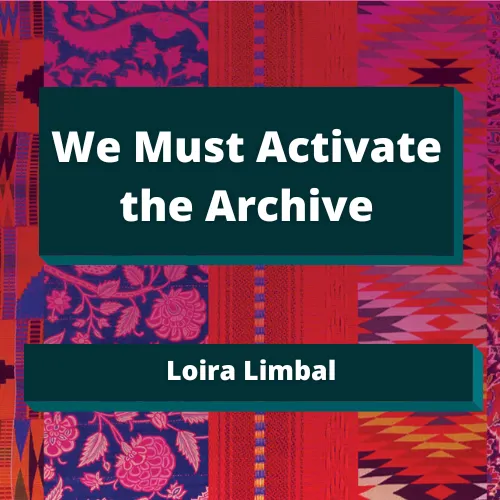Beyond Resilience: Reproductive Justice “On the Divide”
Filmmakers Maya Cueva and Leah Galant on their acclaimed documentary “On the Divide” and what a “post-Roe” U.S. might look like.
Editor’s Note: As part of Firelight Media’s Beyond Resilience series, we’re commissioning BIPOC nonfiction filmmakers to share reflections on their own challenges, strategies, and experiences of creating and distributing work during periods of social transformation. In this edition, filmmakers Maya Cueva and Leah Galant reflect on their experience making their acclaimed documentary On the Divide. The film follows the story of three Latinx people living in McAllen, Texas who, despite their differing views, are connected by the most unexpected of places: the last abortion clinic on the U.S./Mexico border. As threats to the clinic and their personal safety mount, our three characters are forced to make decisions they never could have imagined.
Finding the Story
“What are the stories that are being left out or misrepresented in your community?”
This was the first question we asked when we came to McAllen, Texas in the Rio Grande Valley (RGV) back in 2014 during a Women’s March Rally. It was disheartening to hear many community members mention that no one had ever asked them this before and that reporters had often come to the RGV seeking a specific story filled with “poverty porn.” This question became the central guide for our nearly 7-year journey of making our first feature film On the Divide about three Latinx people who are connected to the last abortion clinic on the U.S./Mexico border.
At first, community members were hesitant to talk to us as two members of the media who were not from the Rio Grande Valley. Given the reductive narratives that the mainstream media was portraying of McAllen as a “poor, helpless, impoverished, population” it’s no surprise that it took us a while to build trust with everyone we filmed. Although Maya [Cueva] is Latina, we understood that the Latine/Latino/Latinx community is not a monolith and has varied experiences, and we made sure to listen to the community and what they wanted to be shared.
A “Post-Roe” World
We knew in order to tell the story of a region that is often silenced and ignored when talking about reproductive justice that we would work alongside the organizers every step of the way. This relationship eventually led to working with South Texans for Reproductive Justice which is featured in On the Divide.
We came down to the southernmost point of Texas because we read reports that abortion access was becoming extremely limited and anti-choice laws were closing down clinics. As two young women who lived on the coasts, we thought that Roe v. Wade was codified and limited access was a thing of the past. We quickly learned from the organizers and clinic workers that they have been living in a nearly “post-Roe” reality for years and what was most concerning was that no one was listening to them.


.png)
.png)

STAY CONNECTED









